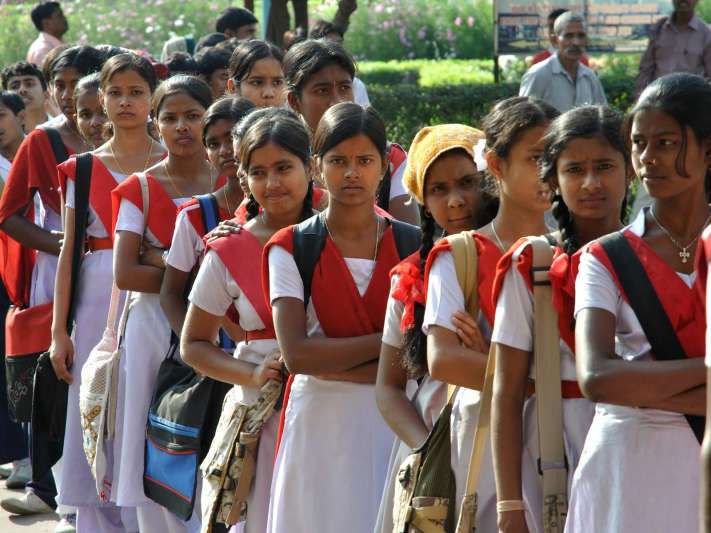Even though we have stepped into the 21st century, the literacy rate of women in India, especially in the Visakhapatnam, Srikakulam and Vizianagaram districts is appalingly low, being far below the average literacy rate of the country. But in reality, if literacy is benchmarked to the graduate level then it is even further down. This can be ascertained from the enrolment of women graduate voters for the MLC graduate constituency elections.
Officially the female literacy rate of Visakhapatnam district is 59.34 %, Srikakulam is at 52.08 %, while it is 49.87 % in Vizianagaram district. The female literacy rate in all the three districts, which form part of the MLC graduate constituency, is much below the national level of 65.46 %. With a total of registered 90,074 graduate voters, of who 56,659 are male and 33,103 are female voters, Vizag has one of the lowest number of women graduates. But when compared to the general elections, the women voters score above the men in all the three districts. As per the 2014 election survey, Visakhapatnam had 16,70,727 male voters compared to 16,75,687 female voters.
The present MLC of the graduate constituency, MVS Sarma, stated, “Anybody who can read or write is considered to be a literate. But in true sense, a literate person is a graduate who can earn a livelihood with his or her education. The percentage of women graduates is abysmally low in north coastal AP.”
According to MVS Sarma, literacy rate in India is grossly misinterpreted. “It is not the primary education that should be taken into consideration. Gender bias is still prevalent in the rural and tribal areas of the three districts. And in most cases women drop out of education after the primary or tenth class,” he said.
Aja Sarma from the CPI (M), who is contesting for the MLC position points out that barely 10 % of the women in tribal and rural areas are allowed to pursue graduate level education.“In Visakhapatnam district there are only six government degree colleges. Whereas there are numerous corporate colleges that are out of reach of the poor and middle classes. In such a scenario, where the parents have to decide whether to educate the male child or the girl, the clear verdict goes in favour of the male child,” he pointed out.










Discussion about this post